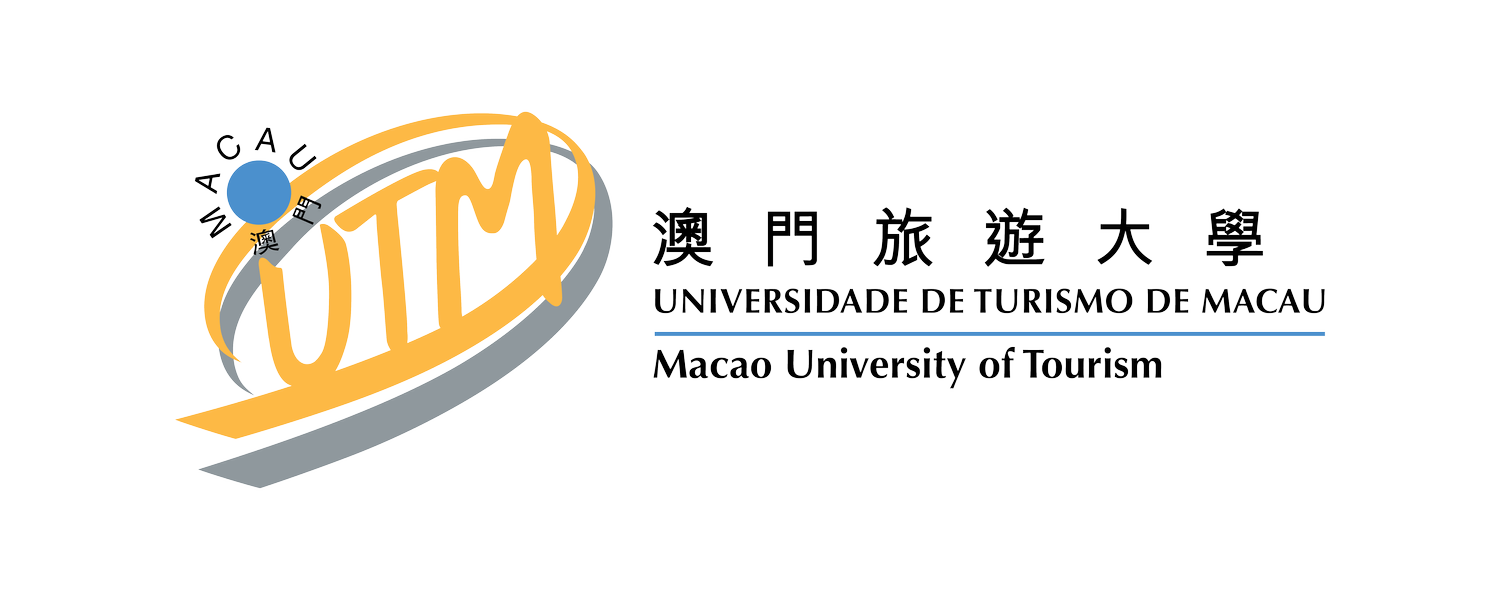An international research collaboration between ITRC and Oxford Brookes University, UK.
This project was a two-year study on identifying the prospects and challenges of building successful franchising partnerships in Macao, with the aim of empowering small to medium scale business and entrepreneurs to diversify and innovate. The research had two components. The first dealt with identifying important partner selection criteria from the franchisee perspective and develop an understanding of the cross cultural complexities of partner selection. In addition, it seeks to determine how these criteria influence the coordination and control of the franchise relationship before the establishment of the partnership. The research was conducted within the Macao service sectors including hotels, restaurants and retailing.
The second stage of the project identified and evaluated factors which stimulate or hinder relationship quality in an international franchise partnership. The project investigated the most commonly referred dimensions of relationship quality, namely; i) trust, ii) commitment, iii) satisfaction and iv) conflict. The outcome of the study provided useful insights into different antecedent and dimensions of relationship quality in international franchise partnerships and the project provided crucial recommendations to existing franchises in Macao and in Mainland China, local Chambers of Commerce, and to government policy makers on the facilitation of international business relationships.
Seminars and workshops
Publications and presentations
- Brookes, M., Altinay, L. and Yeung, R. M. W. (2012), ‘Franchisee Perspectives on Relationship Development: Preliminary Findings from a Macau Study’, Proceedings of 21st CHME Annual International Research Conference, May 9-10, Birmingham, UK. (Received Best Developmental Paper award.)
Abstract. This developmental paper presents preliminary findings from a research study that examines the development of franchisor and franchisee relationships from the franchisees’ perspective. The study was conducted in Macau, a Special Economic Area within China that is witnessing a growth in franchising. The study identifies the importance of both competence and attitudinal related antecedents of trust to franchisee/franchisor relationship development. Furthermore, it identifies that communication mediates the relationship between the competence and attitudinal antecedents of trust and its different components; benevolence, honesty and competence.
- Yeung, R. M. W., Brookes, M. and Altinay, L. (2013). Trend of franchising hospitality and retail services in Macau, Proceedings of the 11th Asia-Pacific CHRIE Conference 2013 - Facing the Challenges, Grasping the Opportunities - Winning in the hospitality industry in uncertain times, 21-24 May, Macau.
Abstract. The underlying purpose of this study is to explore how national culture affects purchasing a franchise brand and the criteria of choosing a potential franchisor from the perspective of franchisees. It adopts a qualitative interpretive research approach. Twenty seven in-depth interviews with franchisees across different sectors and countries in Macau were carried out. This study reveals ‘guanxi’ as an important element of a pre-purchase decision and negotiation as a significant part in the franchise purchase decision within the specific situation in Macau. These two special characteristics related to an emerging market and the Chinese national culture. ‘Guanxi’ plays an important role to create “a need” or “an interest” of pursuing an entrepreneurial activity. Perception of franchisor support and degree of flexibility as well as long term growth plan help to shorten the negotiation process. This study offers insights and implications for international franchises operating in an emerging market and among Chinese community.
- Yeung, R. M. W., Altinay, L. and Brookes, M. (2013). Franchising in emerging markets: franchise purchase process, Proceedings of the Academy of Marketing Conference 2013 – Marketing Relevance, July 8-11, Cardiff, UK.
Abstract. From the perspective of franchisees, this study examines the characteristics of each purchase decision making process and the criteria of choosing a potential franchisor. In-depth interviews with 27 franchisees were conducted in Macau. The interview was tape-recorded and transcribed. A content analysis was performed to summarize data into codes. A number of codes and themes were emerged from analysis. A franchise purchase model was developed to depict the characteristic of each stage. Two key stages, namely pre-process stage and negotiation were emerged from the study in particular true for emerging markets. Brand, product and cost when they are related to market potential are the main criteria of selecting a franchise partner. Implication for franchisors and franchisees are discussed.
- Yeung, R. M. W., Altinay, L. and Brookes, M. (2016). The hospitality franchise purchase decision making process, International Journal of Contemporary Hospitality Management, Col. 28 Iss: 5.
Abstract. This study explores the hospitality franchise purchase decision-making process undertaken by franchisees in Macau as an emerging tourism destination, and the role of national culture on purchasing a franchise brand and selecting a potential franchisor. Semi-structured in-depth interviews with 18 franchisees in Macau, who purchased international and domestic hospitality franchise brands, were conducted to understand the feelings, attitudes and motivation of franchisees towards purchasing a hospitality franchise. The study reveals that national culture can play an important role in franchisees’ decision-making process. Personal networks of friends and family (guanxi) are very influential in introducing and steering aspiring entrepreneurs towards franchising as an option to realize their ambitions, although there may be some limitations to franchisees with this approach. Guanxi, was also found to be particularly relevant during negotiations and franchisees’ post-purchase reviews. International franchisors should understand the importance of guanxi at different stages of franchisees’ decision-making process. Franchisees should realize how a reliance on guanxi might negatively impact on their efforts to undertake sufficient research to thoroughly evaluate the franchisor offer prior to contract signature.International franchisors should understand the importance of guanxi at different stages of franchisees’ decision-making process. Franchisees should realize how a reliance on guanxi might negatively impact on their efforts to undertake sufficient research to thoroughly evaluate the franchisor offer prior to contract signature.


